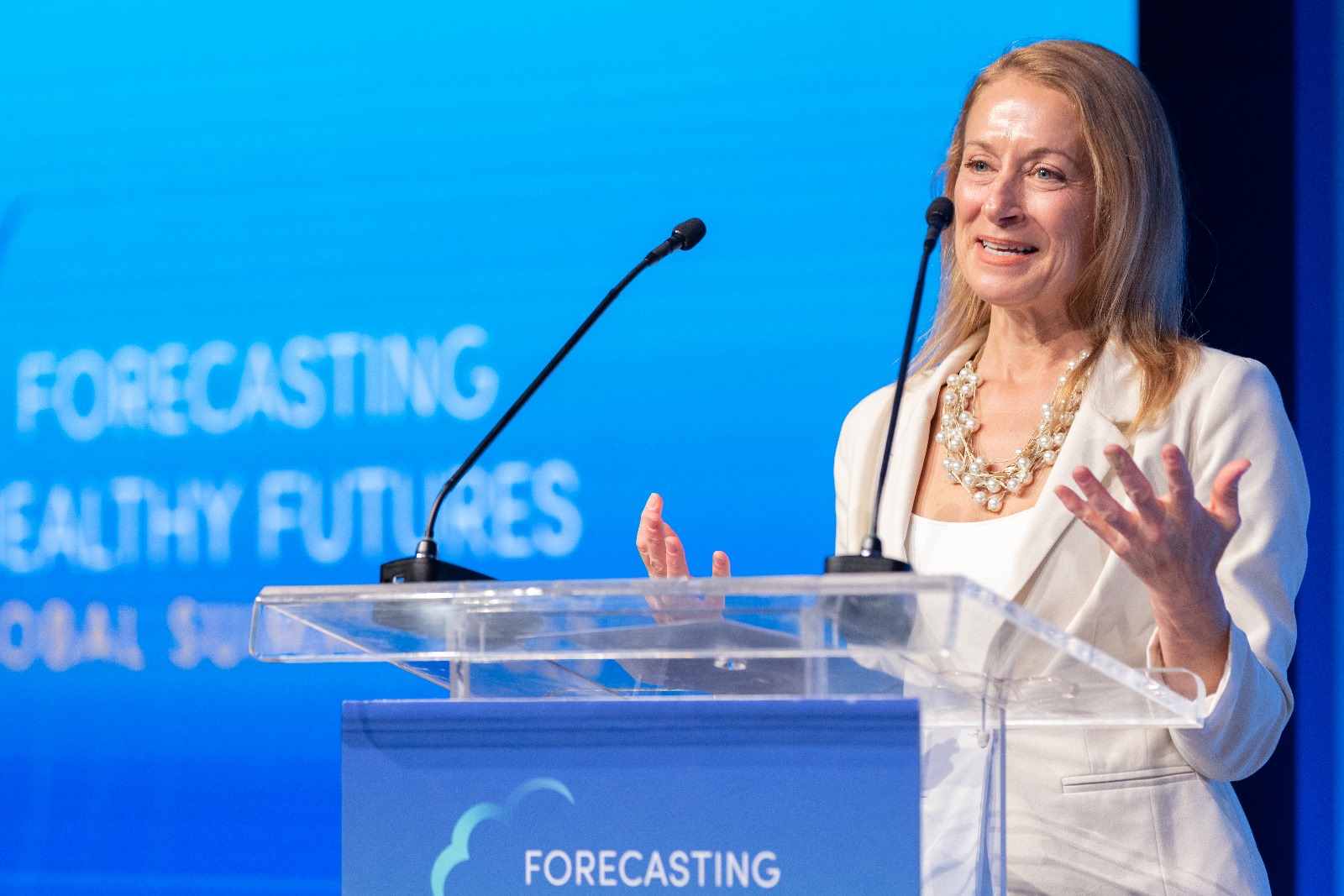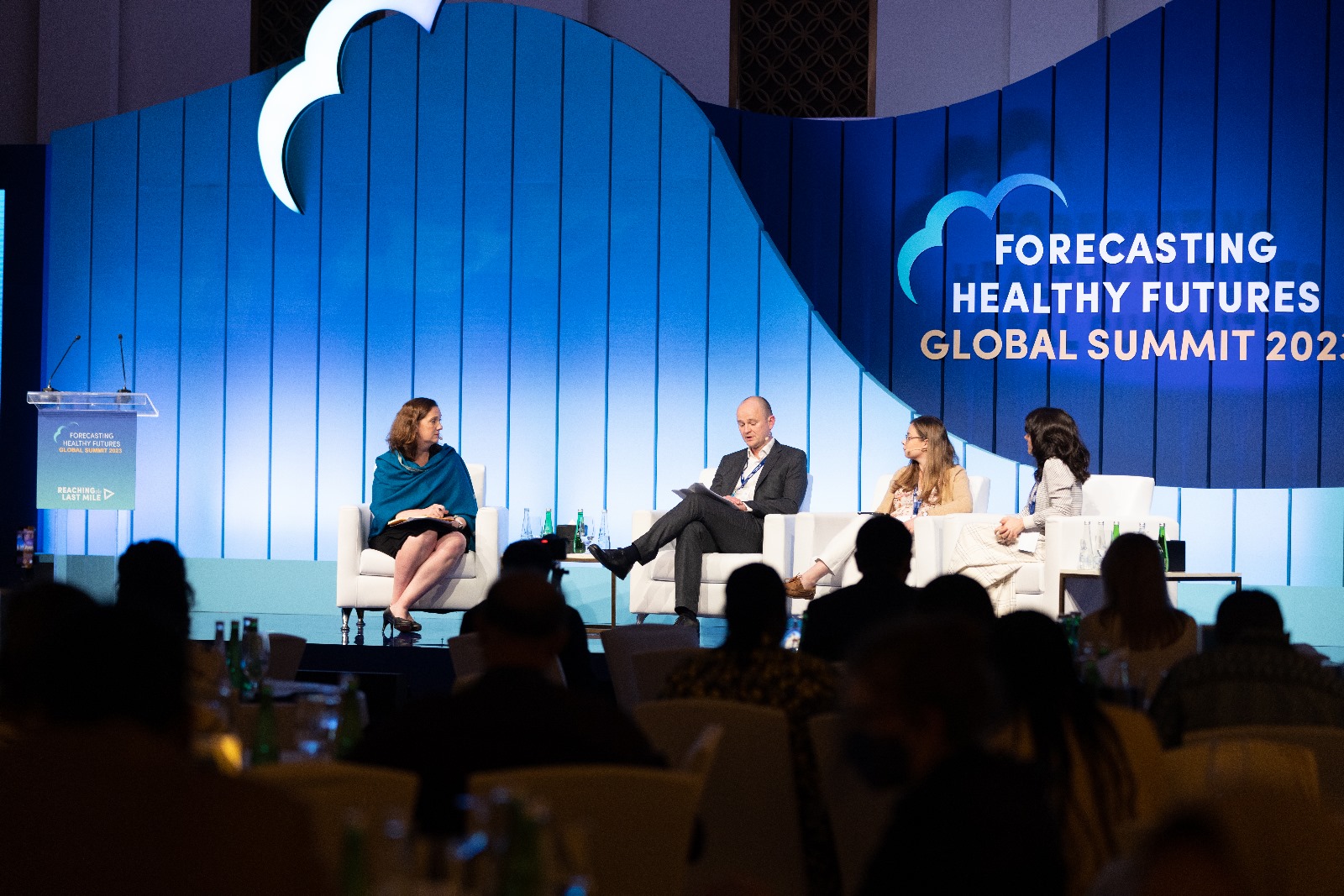The impact of climate change on human health has emerged as one of the most important challenges to continued gains in health outcomes around the world, and threatens to undo much of the progress made over the last 50 years. Some of the most impacted countries are those most vulnerable throughout Sub-Saharan Africa and Southeast Asia, but no country is safe from the growing health effects of global warming.
The global climate agenda has understated the impact of global warming on human health. As a result, inadequate investment has been made in life-saving solutions and climate-resilient healthcare systems for the future. With COP29 on the horizon, we have a unique opportunity to ensure that our health is considered at the core of climate discussions.
Azerbaijan is among the more fortunate of nations, with technological advances in the health sector, and continuously improving health outcomes for its people. Azerbaijan is also leading from a policy perspective: the introduction of mandatory health insurance for the entire population, and other ongoing reforms aiming to achieve universal health coverage are important milestones, and serve as a global model for good health governance. In hosting COP29 this November, Azerbaijan has a unique opportunity to showcase its leadership position on health, position health within the broader, global discussion on climate change, and put the country’s own mark on climate negotiations for the future.
One of our primary objectives as we gear up to host the 2nd annual Forecasting Healthy Futures Global Summit in Baku from the 18 - 20 June, is to help Azerbaijan do exactly that: cement its legacy as the COP Presidency that made health a permanent fixture in UNFCCC convenings.
Global challenges call for global solutions
The impact of climate change on health is multifaceted, and the outlook is alarming. According to the World Bank, an estimated 21 million people could lose their lives by 2050 and 44 million could be pushed into extreme poverty by 2030 if no action is taken on climate change. Infectious diseases too are on the rise, with vector-borne diseases like malaria and dengue expanding their reach due to rising temperatures and changing weather patterns.
In the face of these global challenges, innovation is central to the solution. For example, leveraging increasingly sophisticated sources of climate data and the power of artificial intelligence, enables promising ability to predict and prevent the worst impacts of climate change. Advances in sustainable energy sources build resilient healthcare facilities that are less vulnerable to climate shocks. But more innovation and investment are sorely needed. To fully understand the nature of the health threats of climate change, to identify and explore new solutions, and to mobilize the resources needed to deploy them, we first need an aligned climate and health community with a common vision. The world needs a forum and platform for the critical dialogue needed between global health professionals, environmental scientists, academic researchers, industry leaders, policy makers, and financial institutions... all committed to safeguarding our health from the negative effects of climate change.
The Forecasting Healthy Futures Global Summit aims to provide such a platform, leveraging the importance of COP and offering a unique opportunity to convene diverse leading voices and facilitate groundbreaking discussions between leaders from both the climate and health sectors. Ahead of COP29, we are on a mission to discover and disseminate the most impactful global health solutions in the context of climate change, by exploring challenges and opportunities in a wide array of areas including mental health, food and nutrition, sustainable urban systems, water and sanitation, and climate financing.
COP29: A catalyst for global health advancements
The FHF Global Summit builds on the success of last year's inaugural event in Abu Dhabi, where we brought together a diverse group of nearly 200 leaders representing 140 organisations and more than 40 countries from government, private sector, NGOs, global finance institutions and higher education, with a strong representation from the global south. Together with the UAE’s COP Presidency, we used the platform to announce ‘Health Day’ as a new introduction to COP28. Later this month, we’ll bring an even more diverse array of stakeholders to Baku, to further advance these discussions.
In our talks with various stakeholders in Azerbaijan, it is encouraging that there is a strong will to prioritise health at COP29. The FHF Global Summit in Baku can be an important step toward permanently cementing health within climate discussions globally, and a platform from which we can galvanise global action. This is an opportunity for Azerbaijan to lead by powerful example, and drive global commitment to including health as an integral consideration in all aspects of climate policy.
COP29 presents an opportunity to refresh the climate agenda at a critical time. With the attention of the world turning to Baku, this is a call to Azerbaijan’s health community to seize the opportunity, position its needs in front of world leaders, and become a catalyst for global health advances despite the pressures of climate change. Together, we can forge a healthier, more resilient future for all.
Kelly Willis, Managing Director of Strategic initiatives, Forecasting Healthy Future









